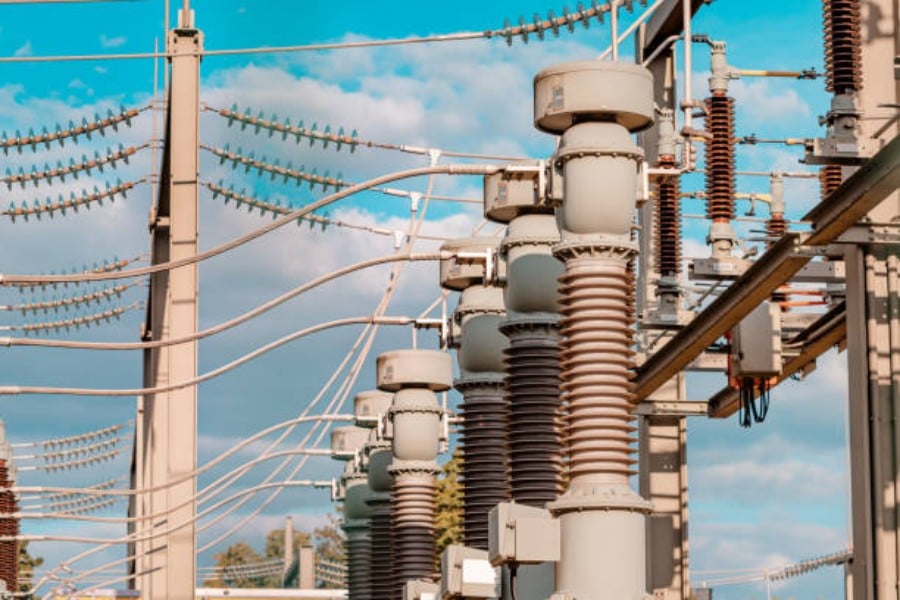Introduction
When it comes to dealing with electricity, safety should always be a top priority. And for those who work directly with high voltage power lines, a reliable and accurate tester can be a real lifesaver. In this article, we'll explore what a high voltage power line tester is, how it works, and why it's so important for anyone working in the electrical industry.
What is a High Voltage Power Line Tester?
A high voltage power line tester is a device used to measure the electrical potential difference between two points in an electrical circuit. These testers typically have a high voltage rating, capable of measuring voltages ranging from hundreds to thousands of volts. Some testers are equipped with specialized features that make them ideal for specific uses, such as measuring phase rotation or continuity.
How Does a High Voltage Power Line Tester Work?
Most high voltage power line testers work by using a current transformer to measure the voltage across a conductor. The tester is applied to the conductor, and the transformer completes a circuit that induces a current in the tester. This current is then amplified and displayed on the tester's screen. Some testers may also have audible or visual alerts that go off if the voltage exceeds a certain threshold.
Why is a High Voltage Power Line Tester Important?
Anyone working with high voltage power lines knows the importance of safety. Without a reliable and accurate tester, workers would be at risk of coming into contact with a live wire and experiencing an electric shock. In addition, testers are crucial for ensuring that equipment is functioning properly and that any faults or issues can be identified and resolved quickly.
Types of High Voltage Power Line Testers
There are several different types of high voltage power line testers available on the market, each with its own unique features and capabilities. Some common types include:
- Non-contact voltage testers
- Digital multimeters
- Clamp meters
- Insulation testers
What to Look for in a High Voltage Power Line Tester
When selecting a high voltage power line tester, there are several factors to consider:
- Voltage rating
- Accuracy
- Safety features
- Durability
How to Use a High Voltage Power Line Tester
Using a high voltage power line tester requires a certain level of knowledge and expertise. Before using the tester, it's important to review the manufacturer's instructions and ensure that you are properly trained on its use. It's also important to wear the appropriate safety gear, including gloves, safety glasses, and insulating shoes.
Key Benefits of a High Voltage Power Line Tester
There are many benefits to using a high voltage power line tester, including:
- Improved safety for workers
- Quick and accurate identification of faults
- Efficient testing and troubleshooting
- Reduced downtime and maintenance costs
Conclusion
Overall, a high voltage power line tester is an essential tool for anyone working with electrical equipment. Whether you're a lineman, an electrician, or a maintenance technician, having a reliable tester can help ensure that your job is done safely and efficiently. By choosing the right tester and following proper safety procedures, you can help protect yourself and others from the dangers of working with high voltage electricity.

